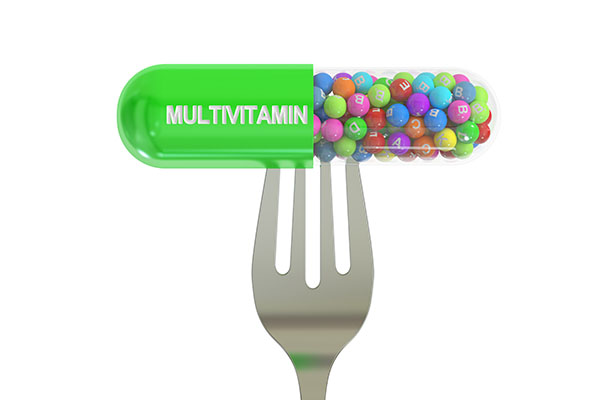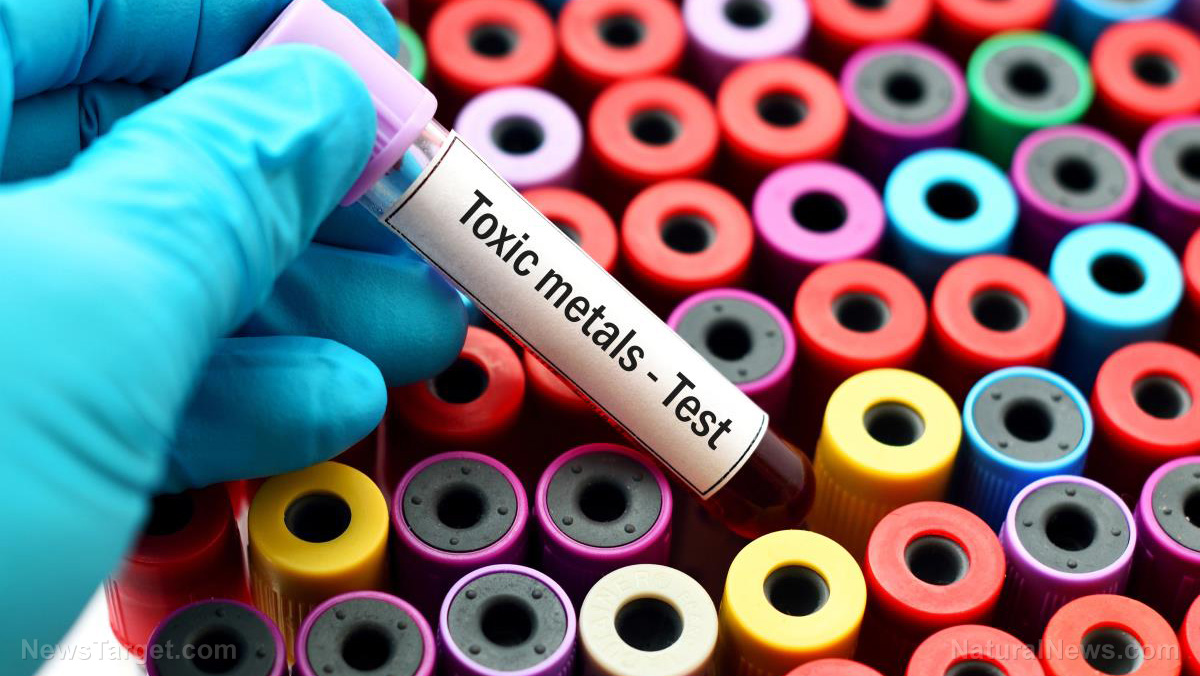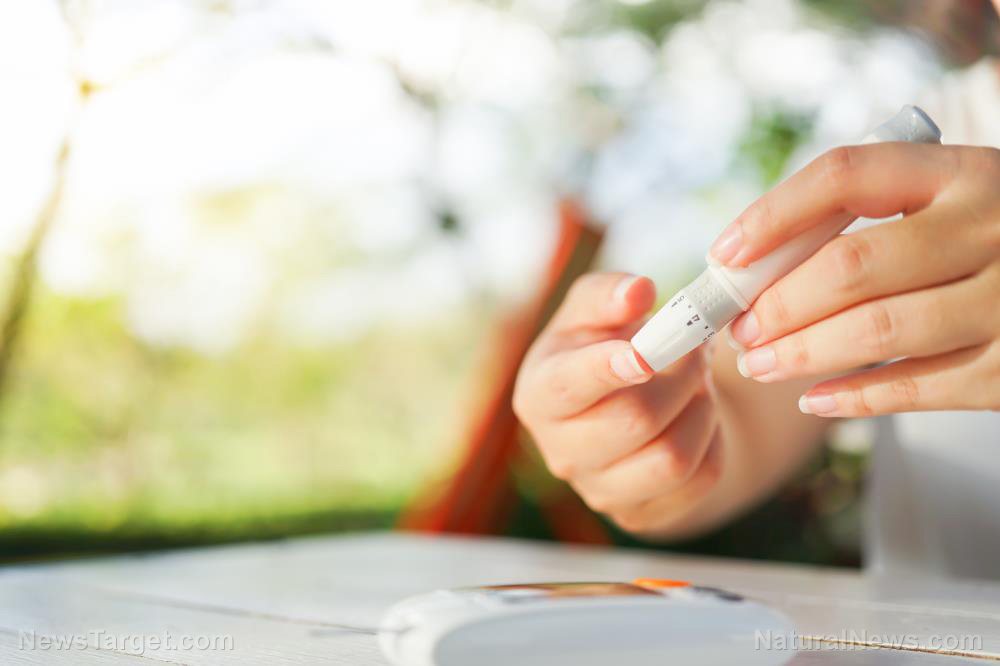STUDY: BPA-free water bottles linked to fertility issues despite being labeled as “safer” alternative
11/25/2024 / By Laura Harris

A new study suggests that BPA-free plastic water bottles, which have been marketed as a safer alternative to their bisphenol A-containing (BPA) counterparts, may not be as harmless as once thought.
The study, led by Jose Villalain, a professor of biochemistry and molecular biology at the Universidad Miguel Hernandez in Spain, employed computer simulations to observe how BPA, commonly used BPA alternatives like bisphenol S (BPS) and bisphenol F (BPF), interact with cell membranes – the protective barriers that regulate chemical exchanges in and out of cells. In line with this, the study found that BPS and BPF mimic the harmful properties of BPA. (Related: BPA negatively impacts brain development of babies, study finds.)
BPA, a chemical widely used in plastic manufacturing, has been linked to hormone disruption, fertility issues and developmental problems. Its widespread use in water bottles, food containers and other everyday products raised public health concerns and prompted manufacturers to seek “safer” substitutes like BPS and BPF.
However, the study, published in the Journal of Xenobiotics, found that all three chemicals behaved similarly, infiltrating the membrane just below its surface and increasing its fluidity. They also formed clusters at higher concentrations, a phenomenon that could disrupt cellular functions. In other words, BPS and BPF showed the potential for the same adverse health effects as BPA, including hormone disruption and toxic buildup in tissues, despite being marketed as safer.
Villalain also explained that the human body can typically flush out bisphenols within 24 to 48 hours, but their pervasive presence in consumer products means repeated exposure. This could lead to the accumulation of toxic chemicals in organs and tissues over time.
Earlier studies prove that BPA, BPA-free alternatives have the same harmful effects
This study adds to a growing body of evidence that suggests BPS and BPF might be “regrettable substitutions.”
A 2019 Washington State University study uncovered troubling evidence that BPA-free plastics could be causing hormone disruption and infertility, just like BPA. The 2019 study, led by Patricia Hunt, revisited the findings of another study more than two decades ago, wherein the replacement bisphenols used in plastics have been linked to similar chromosomal abnormalities in lab animals.
In their experiments, researchers observed reproductive issues in mice exposed to plastics containing replacement bisphenols, echoing the same abnormalities seen with BPA. In turn, Hunt explained that the contamination of the animals was accidental, much like how everyday consumers may unknowingly ingest harmful chemicals from plastic food containers. The researchers also warned that the results could be directly applicable to humans even though the study was conducted on mice.
Similarly, a 2013 study by the University of Texas Medical Branch found that even minuscule concentrations of BPS (below one part per trillion) disrupt cellular functioning, potentially leading to diabetes, obesity and cancer.
Moreover, other studies revealed that BPS mimics estrogen in breast tissue, fueling the aggressive multiplication of cancer cells. Exposure to small amounts of BPS increased breast cancer cell growth by 60 percent. These findings were similar to an Oakland University study presented at the 2017 Endocrine Society’s annual meeting, wherein BPA triggered exponential growth in cancer cells linked to breast cancer.
Read Toxins.news for more coverage of dangerous toxins that negatively impact human health.
Watch the video below to learn more about BPAs.
This video is from the Energy Matters, LLC channel on Brighteon.com.
More related stories:
BPA-free alternatives are not as safe as we thought, stunning new research shows.
BPA replacement chemicals found to disrupt hormones much like BPA.
Sources include:
Submit a correction >>
Tagged Under:
bisphenol A, BPA, BPA-free, dangerous, fertility issues, health science, men's health, Plastic, plastics, products, real investigations, reproductive issues, research, toxic chemicals, toxic ingredients, toxins, truth, water bottles, women's health
This article may contain statements that reflect the opinion of the author
RECENT NEWS & ARTICLES
MensHealth.News is a fact-based public education website published by Mens Health News Features, LLC.
All content copyright © 2018 by Mens Health News Features, LLC.
Contact Us with Tips or Corrections
All trademarks, registered trademarks and servicemarks mentioned on this site are the property of their respective owners.




















